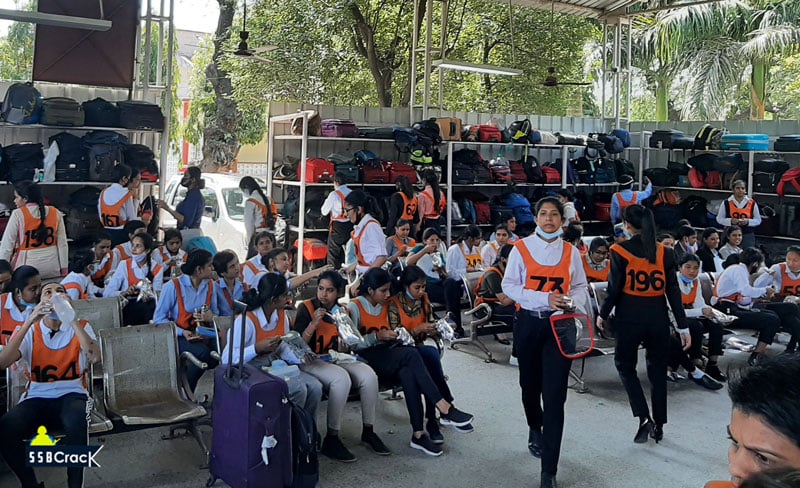Getting screened out is indeed a very disheartening experience. A candidate puts in several months of hard work before reaching the SSB and getting screened out can be devastating. I have seen several candidates weeping at the SSB when they are asked to board the bus. In my seven years of guiding defence aspirants, I have heard several questions on screening and I tried my best to answer these but the nature of the test being practical, it becomes difficult to explain theoretically. Often candidate mention that they narrated the story well and also discussed it well and yet they got screened out. The fact of the matter is the quality of the story is equally important. Further just speaking a number of times during the discussion will not be enough. The candidate has to prove himself to be effective in the group.

The second myth is about OIR test which is conducted as part of the screening process. Many candidates feel that it may be because of OIR that they did not make it. But the reality is that OIR plays much less role. If we go by statistics, whenever a large number of candidates take a test the result resembles a normal or bell curve. Since OIR is measured on a scale of 1 to 5, 1 being the best and 5 being the worst, the mean, median and mode is OIR 3 which is acceptable. This means 50 % of the candidates are well within the passable range. For the remaining who have scored OIR 4 and 5, if they perform well in the PP&DT, and if the assessors feel that the candidate has the potential, he will be screened in. Thus, screening heavily depends on one’s performance in the PP&DT.
When it comes to PP&DT there are three aspects that are closely seen. Firstly, the quality of the story. The story must closely relate to the image shown and must involve action. Most commonly made mistakes are as follows:-
- Several candidates write stories that are not originated from the image and these are termed as preconceived or premeditated synthetic stories.
- Many candidates show a very low-level imagination with no action in their story. Unless the main character is involved in some positive action, the story will not be appealing.
- Some candidates insert a superficial problem and make the main character solve the problem. This again is a sure way to getting screened out.
In narration, the assessors get to see the candidate’s confidence and communication skills. If these are not adequate and if the candidate is not able to briefly narrate the story, his chances of getting eliminated are very high as such candidates won’t be able to perform in stage two testing. Hence narrating confidently and clearly is very important.
Finally, the discussion is very important. Several candidates tend to speak with the crowd and keep repeating their own story without understanding the purpose of the discussion. The purpose of the discussion is to come to a common story and any candidate trying to contribute towards this objective is seen favourably. Avoid the following during the discussion:-
- Avoid selling your own story unless you are really convinced that your story is the best
- Try and promote the story that appeals to you OR
- Promote a common theme that may have been narrated by many













